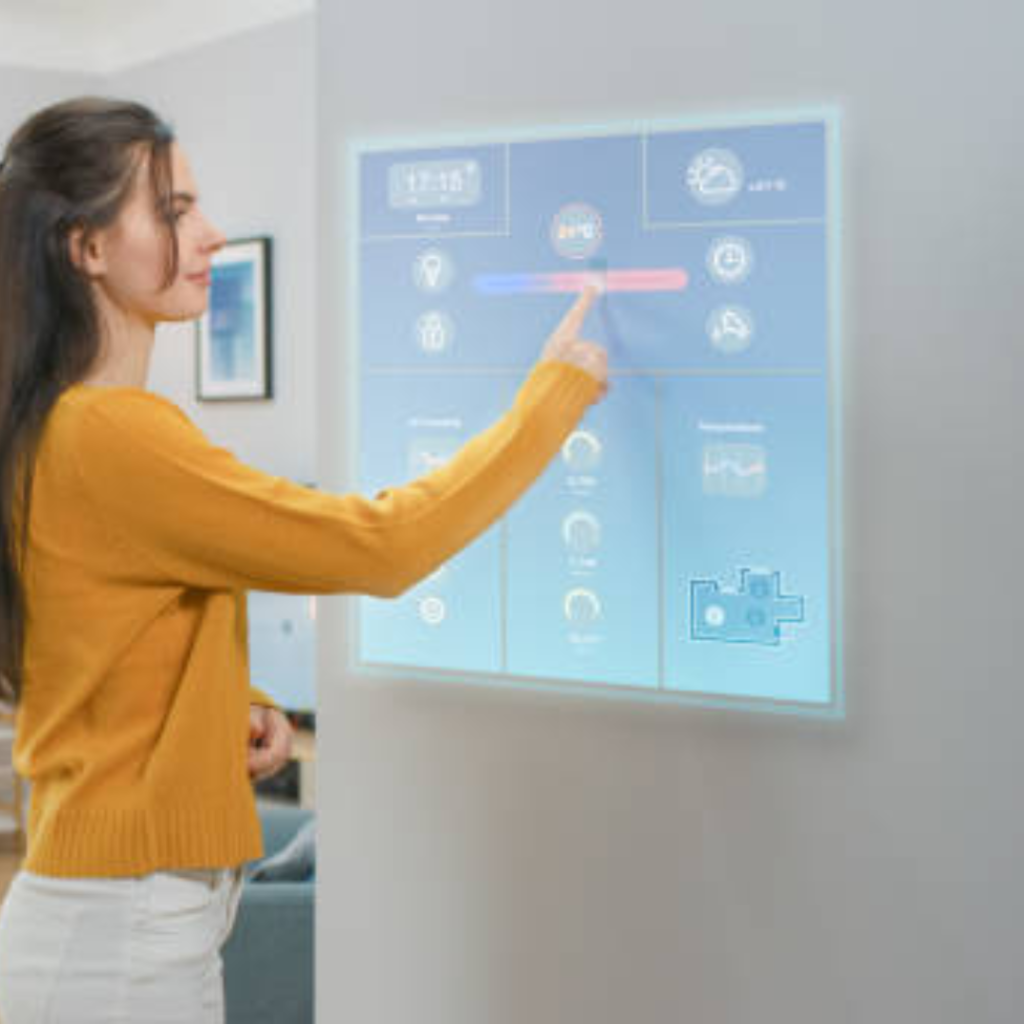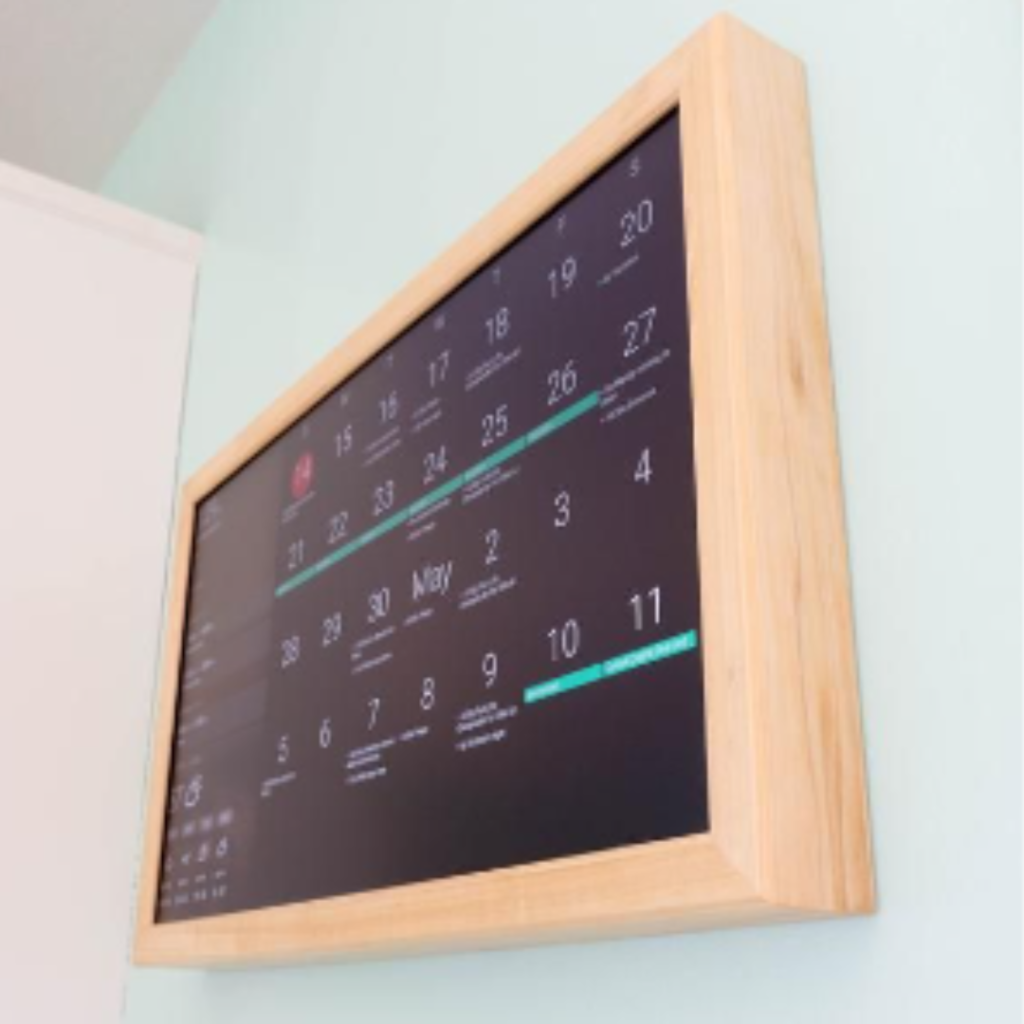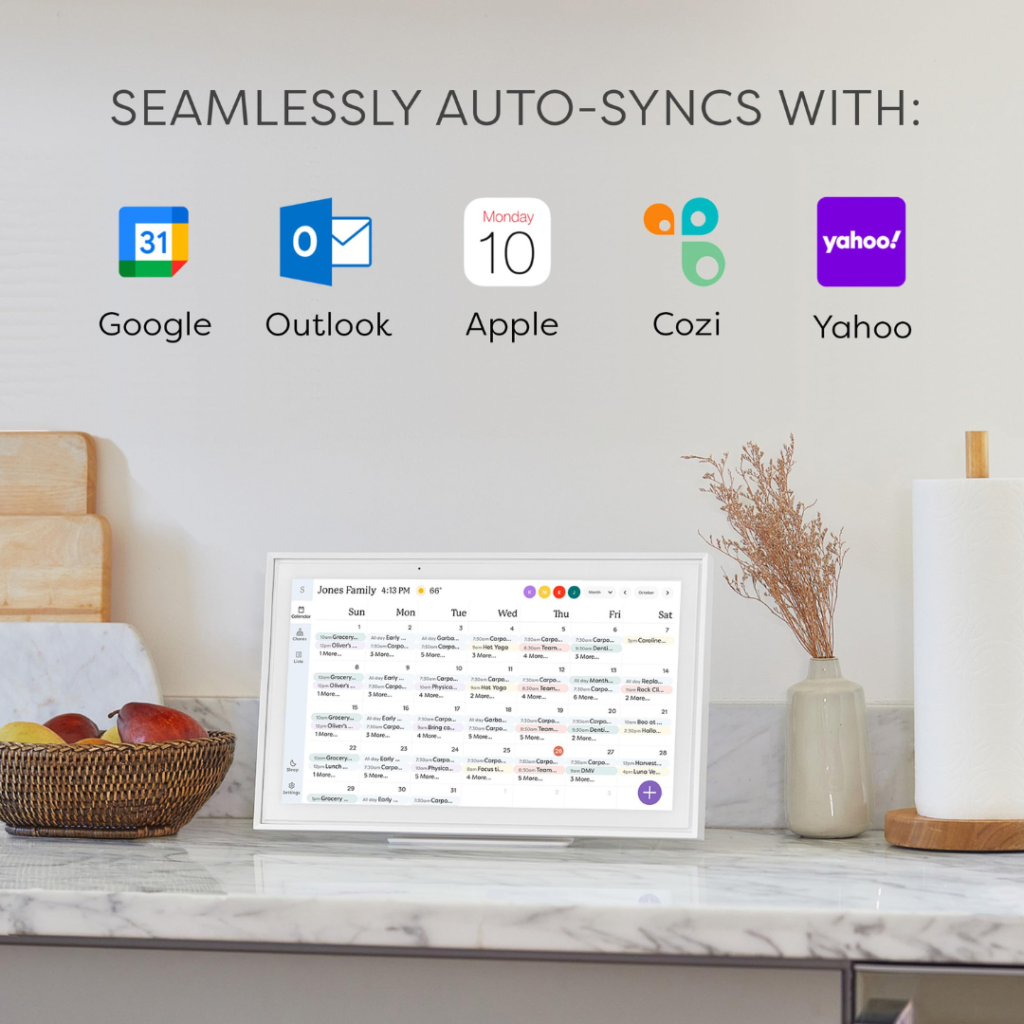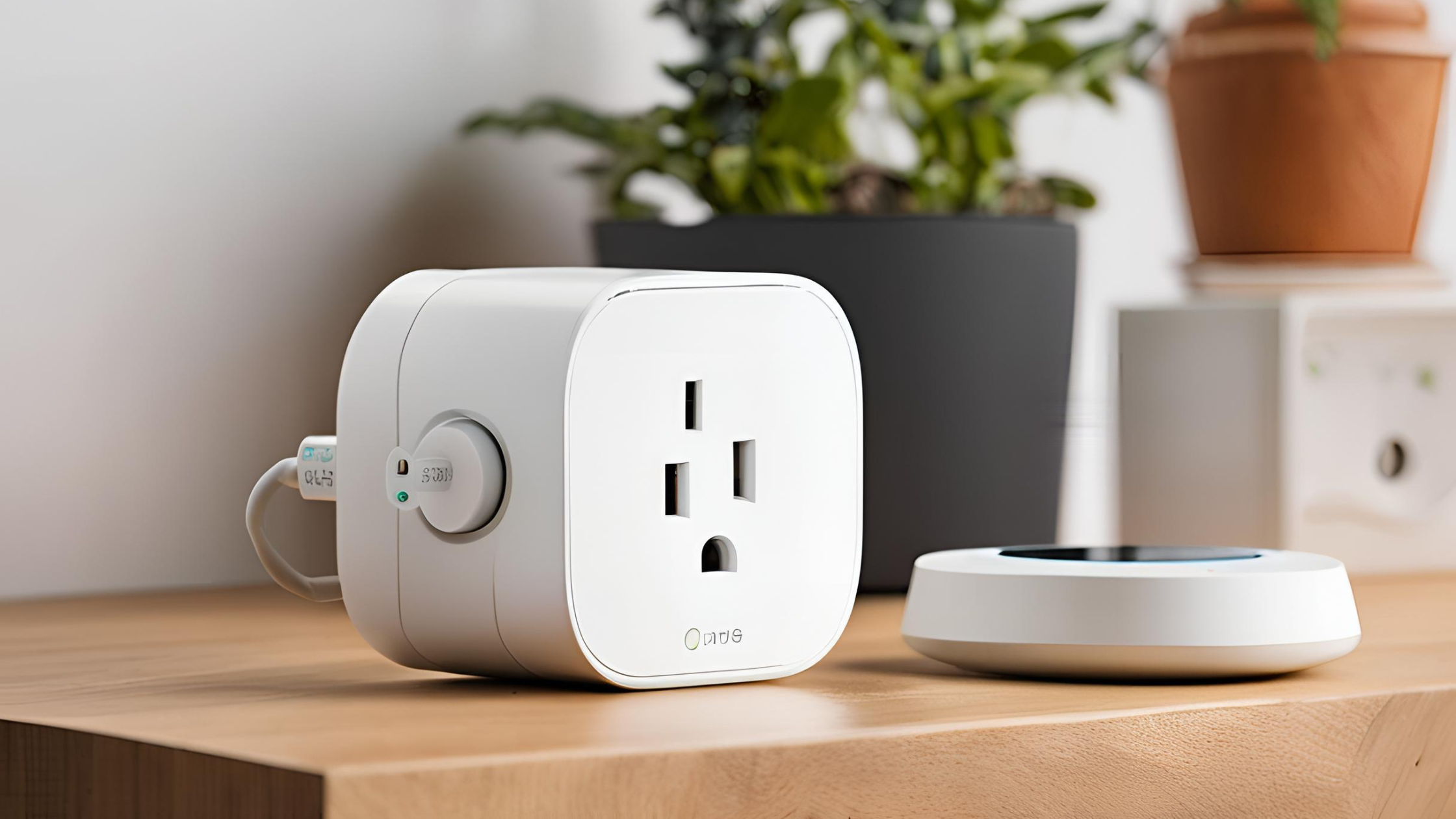
In today’s world, staying organized and managing time effectively is more important than everything. Regular calendars have served us well till now, but as our schedules become more complex, so we need the tool that can help us to manage our fast paced life. Enter the “smart calendar”—a modern approach to time management that integrates seamlessly with our digital lives. Whether you’re juggling with professional meetings, personal commitments, or long-term goals, these smart calendar can adapt to your needs, offering personalized reminders, automated scheduling, and real-time collaboration. In this blog, we’ll explore how a smart calendar can transform the way you organize your day, helping you stay on top of your tasks with ease and efficiency.
Difference Between Smart Calendar and Regular Calendar

The question here is why do we need smart calendar?
The primary difference between a smart calendar and a regular calendar lies in their functionality and adaptability. A regular calendar, whether digital or paper-based, serves as a very basic tool for tracking dates, appointments, and events. Also it requires us to manually input for scheduling and doesn’t offer much beyond a visual layout of your time.
On the other hand, a smart calendar is a more advanced, dynamic tool designed to increase our productivity and manages time management. It can integrates with other digital softwares and devices, automatically syncing appointments, reminders, and tasks across your phone, tablet, and computer. A smart calendar can analyze your schedule, suggest optimal times for meetings, and even provide notifications based on traffic conditions or your current location. It often includes features like voice recognition, artificial intelligence, and machine learning to anticipate your needs and help you manage your day more efficiently.
In essence, while a regular calendar is a static tool for organizing your time, a smart calendar actively works with you to streamline your daily routine, making time management smarter and more intuitive.
Top Features Of The Smart Calendar

Let’s check out the features of having a smart calendar and let’s check that why do we need smart calendar or we need it or not.
Automated Scheduling:
A smart calendar is capable of suggesting the best times for meeting automatically or events based on users availability and the schedules of participants. It is also capable of syncing with other calendars to avoid conflicts.
Real-Time Syncing:
Smart calendars sync across multiple smart devices like smartphones, tablets, laptops etc. to ensure that your schedule is always up to date, no matter where you are or which device you’re using.
AI-Powered Suggestions:
By using artificial intelligence, these smart calendar can analyze your habits and preferences, suggesting optimal times for tasks, breaks, or meetings. It can also predict and remind of recurring events based on the users past behaviour.
Integrated Task Management:
Some of the smart calendars offer built-in task management features, like allowing you to create to-do lists, set deadlines, and track progress and all these within the same interface.
Voice Integration:
With voice assistants like Siri, Google Assistant, or Alexa, you can add or modify events in your smart calendar using voice commands, make scheduling hands-free and more convenient.
Location-Based Reminders:
These Smart calendars can also send notifications based on your location. Lets take a example, if you having a meeting across town, it might alert you when it’s time to leave based on current traffic conditions.
Collaboration Tools:
Smart calendars often include features for sharing the schedules with colleagues or family members, coordinating group events, and even integrating with team collaboration tools like Slack or Microsoft Teams.
Customizable Alerts and Notifications:
You can set specific reminders for the events, how and when you’re notified. Options might include email, push notifications, or text messages.
Event Integration:
A smart calendar can pull event information from your emails, social media, or other apps, automatically adding them to your schedule without manual input.
Visual Analytics:
There are also Some smart calendars that also provides visual insights, like it shows how much time you spend on different activities or with various contacts, helping you manage your time more effectively.
Top Benefits Of Having The Smart Calendar

Below I have mentioned a few benefits of having a smart calendar, also most of us by now get to know about why do we need smart calendar. If there is someone who didn’t understand yet, then please read out the benefits below to make it very clear.
Enhanced Productivity:
A smart calendar manages your scheduling process, allowing you to focus on your tasks rather than spending time organizing them. Automated suggestions, reminders, and task integration that help you stay on top of your responsibilities with minimal effort.
Improved Time Management:
By analyzing your habits and preferences, a smart calendar can optimize your daily schedule, ensuring you allocate time effectively for work, meetings, and personal activities. It helps you strike a balance between productivity and downtime.
Reduced Scheduling Conflicts:
With real-time syncing across devices and calendars, a smart calendar minimizes the risk of double-booking or missing appointments. It also suggests the best times for meetings based on participants’ availability, making coordination easier.
Increased Flexibility:
Smart calendars adapt to your changing needs. Whether you’re on the go or switching devices, your calendar is always up to date. Voice integration and mobile access allow you to manage your schedule anytime, anywhere.
Personalized Reminders:
Tailored notifications ensure you never miss an important deadline or event. Location-based reminders, alerts based on traffic conditions, and customizable notifications keep you informed and on track.
Better Collaboration:
Sharing your schedule with colleagues, friends, or family is seamless with a smart calendar. It simplifies the process of coordinating group events, planning meetings, and staying aligned with team goals.
Seamless Integration with Other Tools:
A smart calendar integrates with various apps and platforms, including email, social media, and task management tools. This centralizes your planning, reducing the need to switch between multiple applications.
Stress Reduction:
By automating routine tasks like scheduling, reminding, and updating, a smart calendar reduces the mental load associated with managing a busy schedule. This leads to a more organized and less stressful daily routine.
Data-Driven Insights:
Some smart calendars provide analytics on your time usage, offering insights into how you spend your day. This can help you identify time-wasting activities and improve your overall efficiency.
Environmental Impact:
Going digital with a smart calendar reduces the need for paper planners and printed schedules, contributing to a more sustainable and eco-friendly lifestyle.
Future of Smart Calendars
The future of smart calendars promises even greater integration of artificial intelligence and machine learning, making them more intuitive and personalized than ever. Why do we need smart calendars? As our lives become increasingly busy and complex, these advanced tools will evolve to predict our needs with heightened accuracy, offering proactive suggestions for time management, wellness, and work-life balance. Enhanced collaboration features and deeper integration with smart home devices, virtual reality, and augmented reality could transform how we interact with our schedules, making planning and productivity seamless parts of everyday life. As these technologies advance, smart calendars will become indispensable tools, tailoring your schedule to help you achieve your goals more efficiently and with less effort.
Wrapping Up
In a world where our schedules are becoming more demanding and complex, the question isn’t just “why do we need smart calendars?”—it’s how soon can we fully embrace them. As smart calendars continue to evolve, they will not only keep us organized but also anticipate our needs, helping us manage our time more effectively and reduce stress. The future of smart calendars holds the promise of seamless integration with our daily lives, especially as they connect with smart home systems and smart gadgets. This synergy will transform how we plan, work, and live, creating an interconnected environment where our routines are smarter, more efficient, and ultimately more fulfilling. By adopting these advanced tools, we can stay ahead in a fast-paced world and enjoy a more balanced lifestyle.


